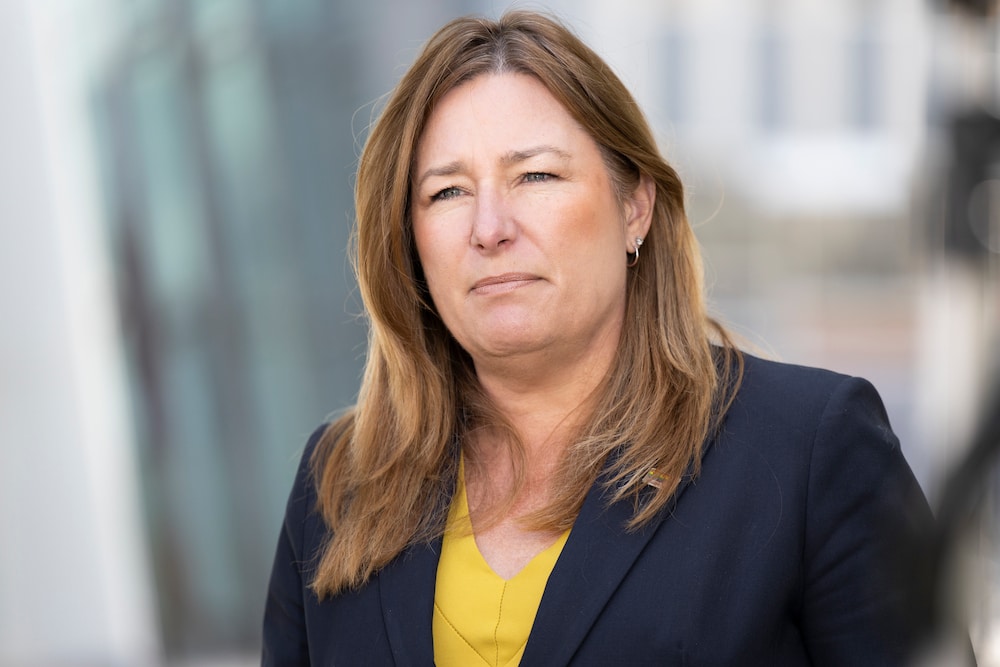
A movement representing over 250 Australian organisations is urging the Federal Government to prevent a predicted rise in homelessness and housing stress by investing in social housing.
The national campaign, Everybody’s Home, pushes for the creation of a National Housing Strategy, with the long-term aim of building 500,000 new social and affordable rental homes across Australia.
“Only the Federal Government has the financial firepower to end Australia’s homelessness and housing affordability crisis,” campaign spokesperson Kate Colvin said.
Homelessness is predicted to rise by 7.8% in the ACT this year, and housing stress will increase by 23.7%, according to figures released by Everybody’s Home yesterday, 12 April.
Those projections were only slightly below the national average of 9% and 24% respectively, according to economic modelling in a report by Equity Economics for Everybody’s Home.
Nationally, that would equate to 7,500 more people experiencing homelessness and nearly 880,000 families facing housing stress – up 170,000 from almost 710,000 households in February 2020.
Housing stress is created when too much of a person’s income goes toward housing, leaving inadequate funds for essentials like food, medical costs and utilities.
Nearby in the Southern Highlands and Shoalhaven, housing stress is tipped to increase by 64%, and by up to 159% in parts of Sydney.
Ms Colvin said the figures showed it was crucial the Federal Government invested in social housing construction, adequate income support and an increase in rental support for those facing housing stress in its upcoming Budget.
“Property prices last month broke a 33-year record for month-on-month growth and while this is driving a ‘wealth effect’ among those who own property, it is having the opposite effect at the other end of the spectrum.”
She said rising house prices pushed low- and middle-income households further behind in the “race for home ownership” and left them “stuck in rentals that keep increasing in price”.
“Any change in income can push them close to homelessness.”
ACT Deputy Chief Minister Yvette Berry, whose portfolio includes Housing and Suburban Development, echoed calls for Federal intervention.
“The Federal Government has greater capacity to invest in social housing compared to all the States and Territories,” she said.
“And the last time Australia saw a significant investment in social housing was under Federal stimulus funding following the global financial crisis over a decade ago.”
Ms Berry said a national strategy was “urgently needed” and she had been calling for one, alongside the sector, since she was first appointed Minister for Housing.
“Housing affordability is a nation-wide issue driven by a range of factors such as private investors, federal tax treatment and low wage growth.”
A pre-Budget submission from Everybody’s Home called for joint Commonwealth, State and Territory investment of $7.7 billion to build 30,000 new homes over the next four years.
It estimated the investment would support up to 18,000 jobs per annum, which would trigger a “broader economic expansion of $18.2 billion” during the four-year period.

But as recently as March this year, Federal Housing Minister Michael Sukkar was reported to have said that the Morrison Government believed social housing was the responsibility of State and Territory governments.
Ms Berry said the ACT Government was doing “more than its part” to address housing affordability.
“Over 10 years to 2025, the ACT Government will have invested more than $1 billion in public housing,” Ms Berry said.
“But the Federal Government must invest more to solve this national issue.”
In its last term, the ACT Government renewed 1,288 public housing homes – the largest initiative of its kind in the Territory’s history – and its current five-year plan will see a further 1,000 homes renewed and 400 extra homes built.
The ACT Housing Strategy aims to build the Government’s portfolio to 11,900 properties by 30 June 2024, housing 23,500 people.
Ms Colvin of Everybody’s Home said a significant Federal investment in social housing would create “much-needed” jobs.
“And unlike major transport projects, this can be undertaken at scale within two to three years of the policy announcement.”
Canberra-based Everybody’s Home partners include Tenants’ Union ACT, ACT Shelter, and Anglicare NSW South, NSW West and ACT.
Nationally, over 250 more organisations back the campaign including national advocate, the Australian Council of Social Services, and frontline charities such as St Vincent de Paul Society and The Salvation Army.
For more news:








